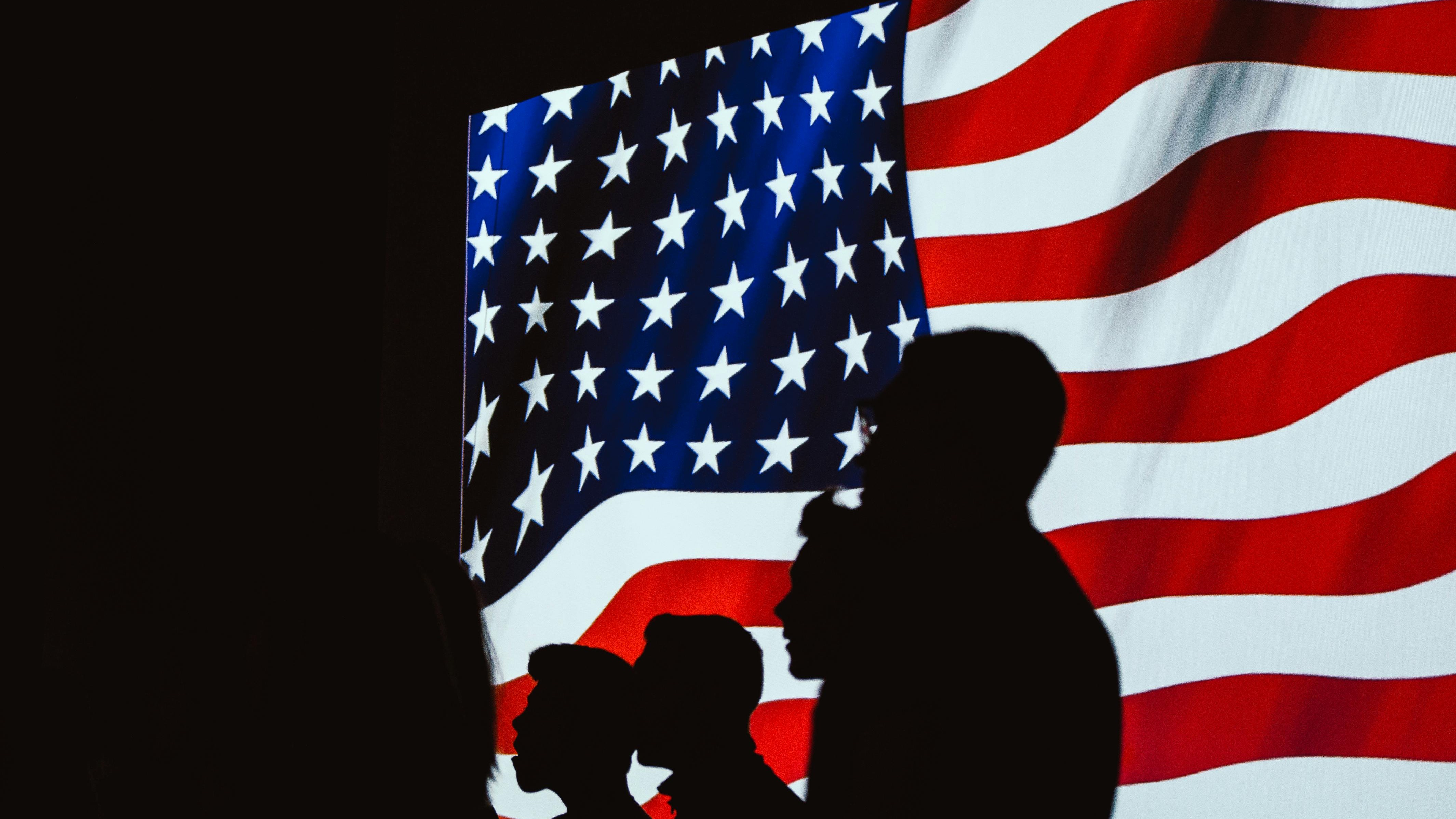
Understanding FM 1-0: A New Era in Military Leadership
As we reflect on the complexities of military service, it's vital to address the cornerstone of our profession: the newly released FM 1: The Army: A Primer to Our Profession of Arms. This fundamental text encapsulates not only the roles and responsibilities of military personnel but also the spirit of our leadership and the underlying ethos that unites us as a force.
Historical Context: Why FM 1 Matters
The journey to modern military leadership involves understanding our past, as encapsulated in FM 1. This document serves as a bridge between the historical values that shaped the Army and the evolving dynamics of contemporary military engagement. The text showcases the stories of valor and courage that have defined our legacy, urging each soldier to internalize and contribute to this powerful narrative.
Connecting Values: The Culture of the Warrior
One of the most compelling elements of FM 1 is its candid exploration of unit culture and leadership. At the heart of our military essence is the desire to compete and excel; the drive to become not just good leaders but extraordinary warriors. Discussions surrounding figures like Captain Ben Salomon, who exemplified selflessness and bravery during World War II, challenge service members to embody these values today. FM 1 serves as a catalyst for these necessary conversations—a forum for personal and professional development driven by shared histories.
Leadership Lessons: The Role of Doctrine in Development
For junior leaders, FM 1 is more than just doctrine—it's a framework for understanding the Army's operational structure and its intrinsic obligations to the American public. Chapters dedicated to delineating the functions of Active, National Guard, and Reserve components ensure that every soldier grasps their role in supporting national defense. This rich understanding shapes perceptions of leadership and empowers service members to take ownership of their contributions.
Actions Speak Louder: The Necessity of Leadership Engagement
The effectiveness of FM 1 hinges on the commitment of leaders at all levels to promote its use in professional development. Stories matter—leaders must share their own narratives of courage and decision-making in combat and how these experiences align with the Army's ethos. This buy-in from leaders is crucial; without it, the potential of FM 1 could be underutilized, leaving soldiers disconnected from the profound legacy they are a part of.
Future Insights: Preparing for Tomorrow's Challenges
As we progress deeper into the 21st century, the predominance of technology, global conflicts, and shifting socio-political landscapes will define the military's next chapter. The leadership principles espoused in FM 1 will be crucial for navigating these challenges. By embracing this doctrine, military leaders can cultivate a culture equipped for collaboration, resilience, and strategic innovation, ensuring that today's soldiers emerge as tomorrow's leaders.
The Importance of Military Stories and Valor
Finally, FM 1's emphasis on storytelling highlights the importance of remembering and honoring the acts of valor within our ranks. By sharing stories of bravery from across the services—whether they've emerged from the Army, Navy, Air Force, or Marine Corps—we reinforce a collective wisdom that honors past heroes while inspiring future action. This narrative tradition fuels a sense of purpose within the military community and encourages a commitment to service that transcends individual experiences.
Our journey through the pages of FM 1 illustrates the best practices for leadership—both in military and civilian life. For veterans and active duty members alike, fostering these elements within their communities lays the groundwork for a more cohesive and understanding society.
Conclusion: Whether you're an active-duty service member, a spouse, or a veteran, reflecting on the principles outlined in FM 1: The Army can inspire a shared journey toward excellence. Engage your teams in discussions about leadership and valor; it is through these dialogues we honor our heroes and prepare for the ever-evolving challenges ahead.
 Add Row
Add Row  Add
Add 




Write A Comment